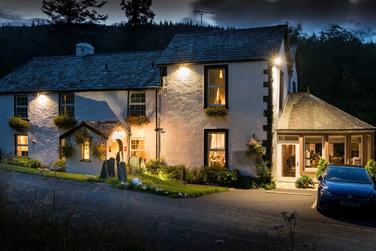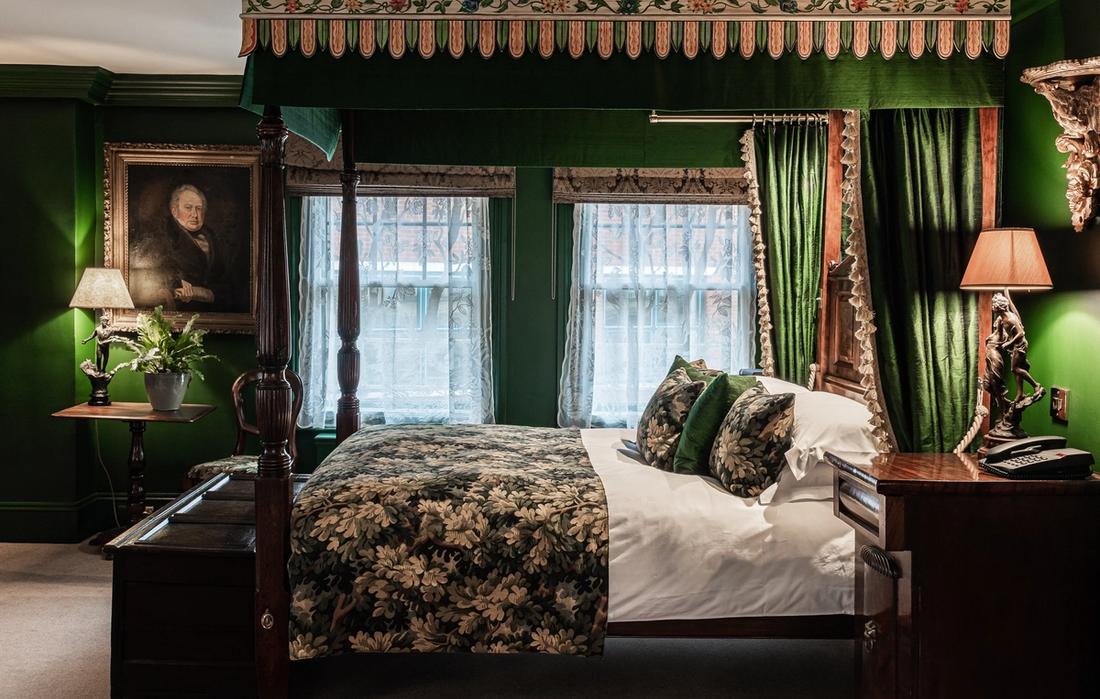The Good Hotel Guide is the leading independent guide to hotels in Great Britain & Ireland, and also covers parts of Continental Europe. The Guide was first published in 1978. It is written for the reader seeking impartial advice on finding a good place to stay. Hotels cannot buy their way into the Guide. The editors and inspectors do not accept free hospitality on their anonymous visits to hotels. All hotels in the Guide receive a free basic listing. A fee is charged for a full web entry.
The Good Hotel Guide
About Us
Independent
Recommended
Trusted
Independent
Recommended
Trusted

Tipping point
All blog posts
3 minutes
12 May 2021
Tipping point
All blog posts
3 minutes
12 May 2021
By Adam Raphael

Four decades ago, the Guide launched a campaign against service charges. We were following in the steps of Mark Twain who lamented that the universal expectation of tips in New York hotels was ‘a heavy burden’. If you buck the system, he warned, ‘you will be wretchedly served’. Bad habits die hard, particularly American imports, which is why the Guide is once again taking up the cudgels on behalf of guests.
Fortunately, some of the Guide’s selected hotels are already on the case and showing the way to a less extortionate model. The Cottage in the Wood, Brathwaite, Cumbria, a Michelin-starred restaurant-with-rooms, has a policy of not imposing any service charges. Liam Berney, its owner, says that he now wants to go further to discourage all forms of tipping backed by a strategy of professionalising staff roles. His sommelier is studying for an MBA degree.
Hilary McFadyen at Bealach House, Duror, Argyll, points out that most customers do not realise that they can refuse to pay a service charge. ‘We should stop this outdated practice to add 10 to 15 % to a bill for ” service ” which invariably includes wine or drinks, which already have a huge mark up. We have been in business for over 30 years and have never included a service charge. It’s time [that hospitality] got its house in order.’ Tips, she adds, are something a customer can leave if they feel they have had exceptional service.
Richard Johnston, the owner of Fingals, Dittisham, Devon says he has never added a charge for service. An old first aid box is discreetly placed in the reception/bar renamed ‘thirst aid’ reminds people of the true meaning of “pourboir”- buying the staff a drink if they are inclined.
The argument for service charges is that it enables hotel managers to distribute tips more fairly among staff. But too many hotels use this as an excuse for paying minimum wages. It is also true that not all the revenue ends up in the hands of dishwashers, chamber maids and the other back-room staff that are essential to the management of a good hotel. Owners too often keep a percentage of the service charge for their own pocket.
I do not object to the 12.5% discretionary service charge levied by expensive restaurants. I find that it is a relief when I do not have to do the maths after a few glasses of wine. What gets my goat, however, is when hotels include a ‘discretionary’ charge on my bill and then leave open my credit card, in a none too subtle way of pressurising to make a further payment as a gratuity. Staying in hotels these days is a pleasurable but expensive pastime. To charge separately for service when that is what you have already paid for is simply extortion. Unfortunately, most guests are so embarrassed by the rigmarole of tipping that few complain, even when hotels illegally include service as the basis for calculating VAT.
How does one persuade hotels that it is in their interests to get rid of service charges as as happened in most European countries? If you want guests to keep coming, it surely makes sense not to irritate them with uncalled for additions to the bill. It is much better to charge an all-in price with no surprises. The fact that there are few complaints does not mean that all is well. When the Guide surveyed its readers last year about their hotel gripes, more than half mentioned discretionary service charges. The mandatory salt-and-pepper charge imposed by Blackpool landladies in the bad old days has long been forgotten. Service charges, like the Dodo, should go the same way.


